Most schools shape students into individuals who behave like tools that can only be used for a single purpose and are not malleable enough to take on a different task or evolve with the changing world. This is an unsustainable behavior. Luckily, some institutions have realized the advantage of developing multifaceted students. The scary yet exciting part is that the student's interests and learning experience are primarily the student's responsibility, while the school only offers the necessary support. One of my early primary school teachers used to say that a school is not considered a good school because of the qualifications or the teachers' caliber but rather the students' performance and competence; this is what designed and ran my campus experience. I have always believed that an individual's career journey is not a definite destination with specific mandatory steps but a journey with different unexpected attributes in the middle. In my undergraduate, I ended up taking internships and volunteer roles that were quite different from what my career prospects perceived to be. I aimed to make use of the academic experience to understand how different themes intersect and influence each other. This helped me in driving out some intrinsic biases that could have developed due to my cultural or social background.
You often want to say something, but the matter might be delicate, or the environment is too delicate to hold your words. This does not necessarily mean that your words are absolute and correct, but it is always good to have a platform that provides for such. My undergraduate environment was good for this. I cannot claim that every word was welcome, but what mattered was the aftermath of the discussions. I had the space to expound all my thoughts and thoroughly scrutinize them with the help of others. I especially appreciated the idea that I would easily identify people that I could later talk to, with confidence and no fear of judgement, despite how the topic could have seemed unwelcome if I just brought it out anywhere else. Most schools have a notion separating the teaching faculty and the students, placing them apart, and limiting their interactions beyond classrooms, a notion built on fear more than respect. I am grateful that my academic experience did not have any of that, my facilitators and the whole academic faculty were accessible and easy to interact with on both academic and any other topics that we needed more information on. Despite academic performance being a paramount thing in the schools, understanding the learning content is more important was evident at all times.
Academic experiences have always been distinctive, let alone the choices of schools, courses and career prospects. I learn best when immersed in active, engaged, meaningful and interactive learning experiences. Sitting in a class for long would have my head preoccupied, touching my phone or frequent walkouts to revive my attention. The inclusion of out-of-class activities had a massive impact on my learning experience. It was after attending the Business of Conservation Conferences that I had the opportunity to fully realize the interdependence of the numerous economic activities and how the natural biodiversity sits at the centre of them all. My internship experiences brought out the literal benefits and challenges that experts face in their different fields of work. Case studies and research activities brought light to the field of academia, which I once thought that it’s meant for dull individuals who like monotonous lifestyles. Dealing with clients’ projects in real life, while a student, gave me a glimpse of what consultants do, and how such activities need more empathy than just understanding the problem and finding solutions. Everything around ended up turning into a fun and learning experience, an independent development that became a normal part of my life, now even after school.
Sometimes, this question comes out like an inconsiderate statement from a parent who’s tired of a lazy child sitting at home watching tv and doing nothing. Graduating is definitely an accomplishment worth celebrating, especially in our region where not every child gets the opportunity to study all the way to the tertiary level. But again, what next? This question would be traumatizing to a graduate who is alone, with no support system or past experience that butters their post-undergraduate bread. The internships that we took, the networks that we created and the friends that we made are the multiple choices for this question. Of course, nothing would come if we just sit and hope to be identified and ushered into the next phase after graduation. It is a self-led journey. Not everyone has an absolute answer, but the best part is that even after graduation the community is still strong and supportive. As shaky as the rumble strips are, it’s always upon the driver to hold the steering wheel and make sure the vehicle does not veer off the road. Some changes and developments during the study period felt like driving on across the rumble strips, but since we were the drivers of our own vehicle of life and academics, we held on to the heel and we have not veered off the road, and we won’t!.

The ALU School of Wildlife Conservation is the first of its kind on the continent, dedicated to growing the next generation of world class conservation leaders in Africa.
The continent needs home grown African leaders to spearhead new and innovative approaches in the business of conservation.
Bumbogo, Kigali Innovation City, Next to Azam, Kigali, Rwanda
Phone: +250 784 650 219
sowc@alueducation.com